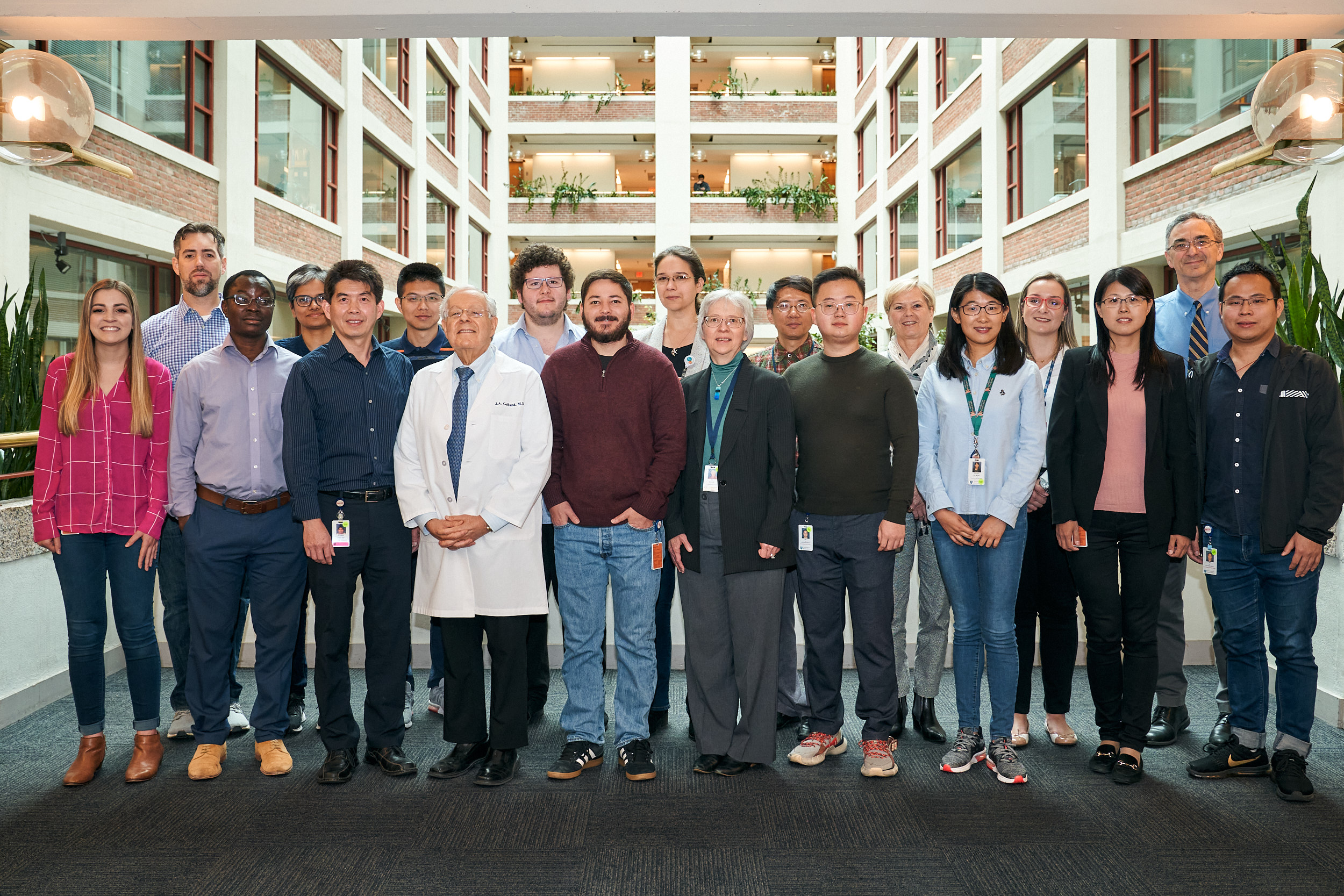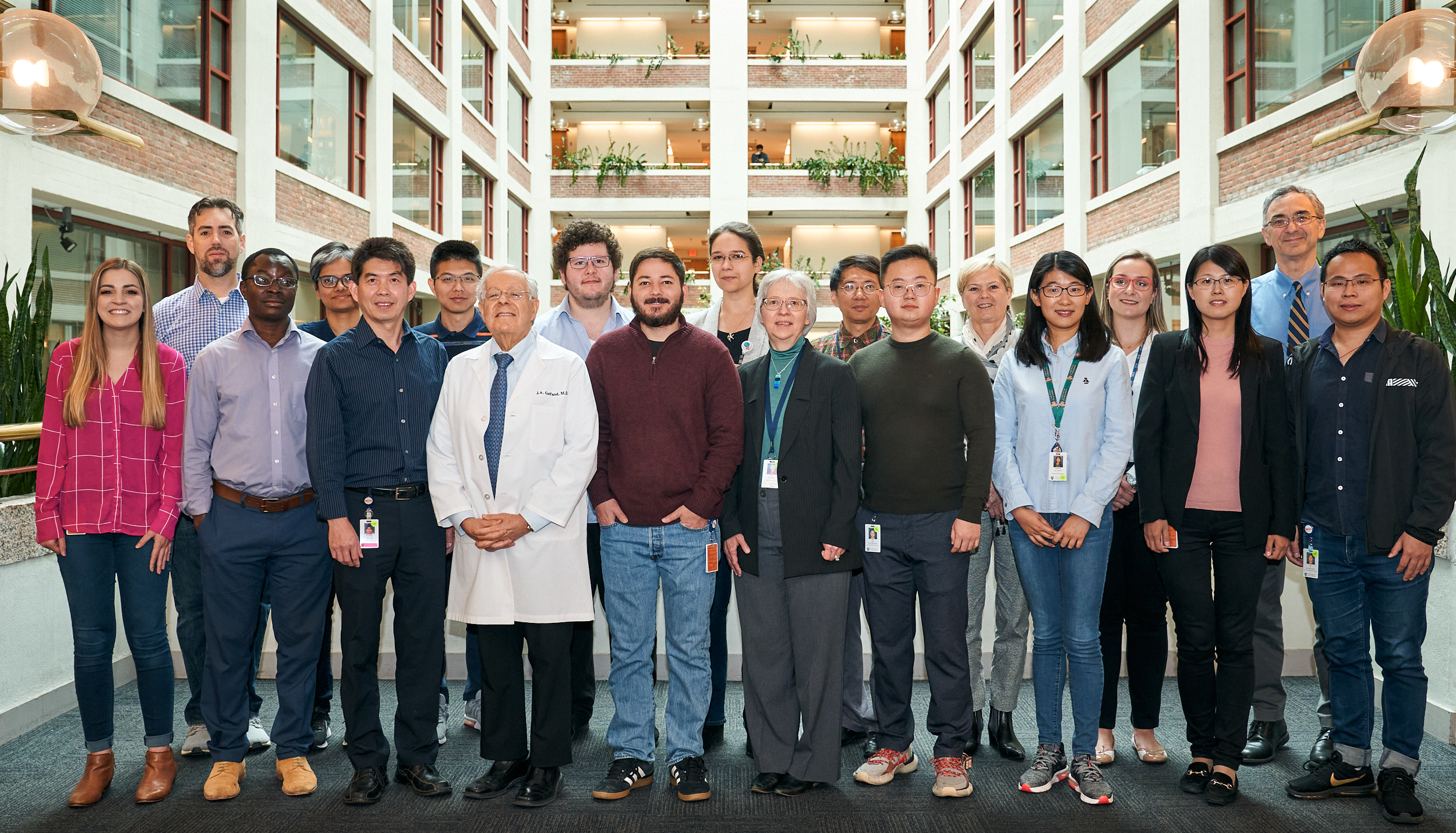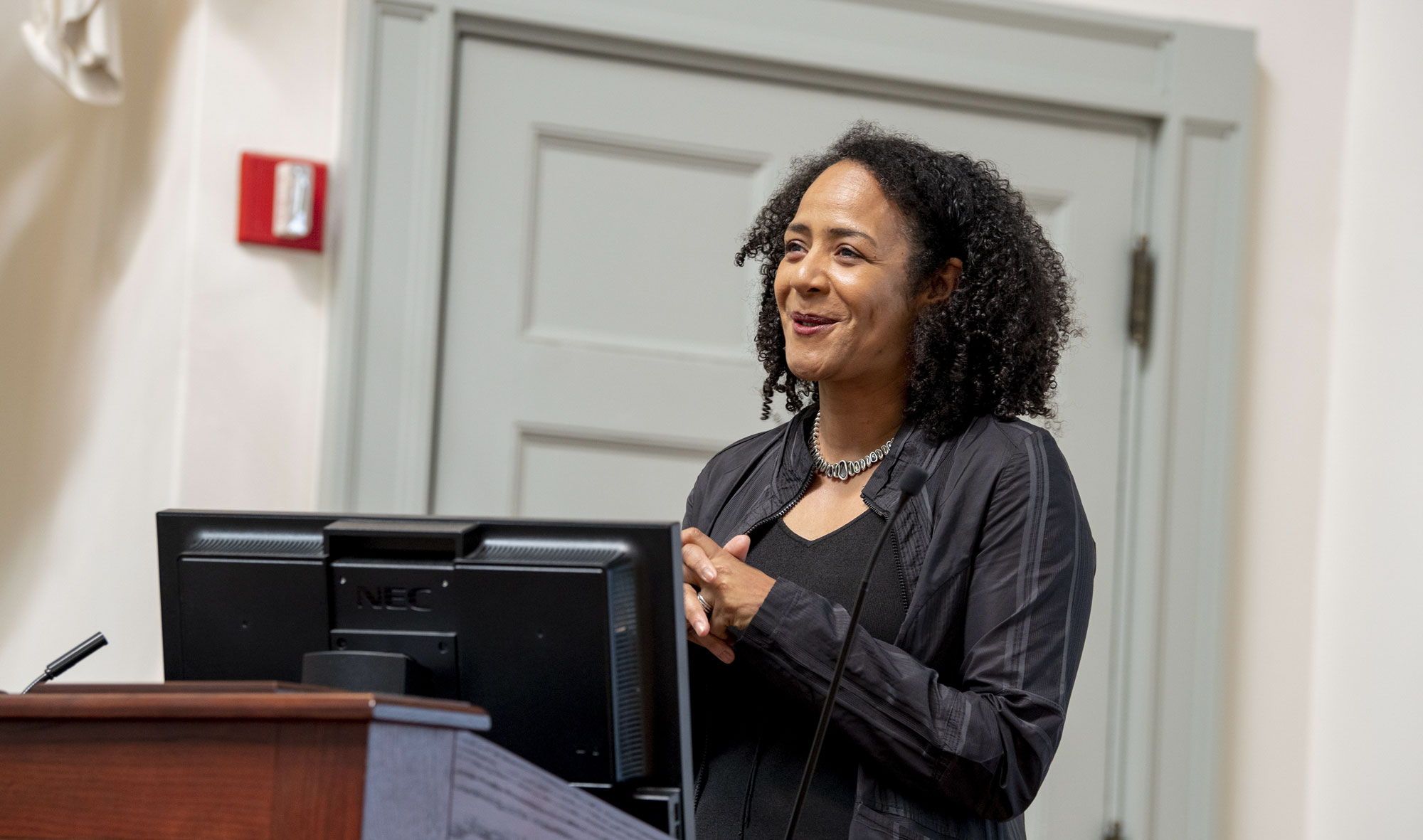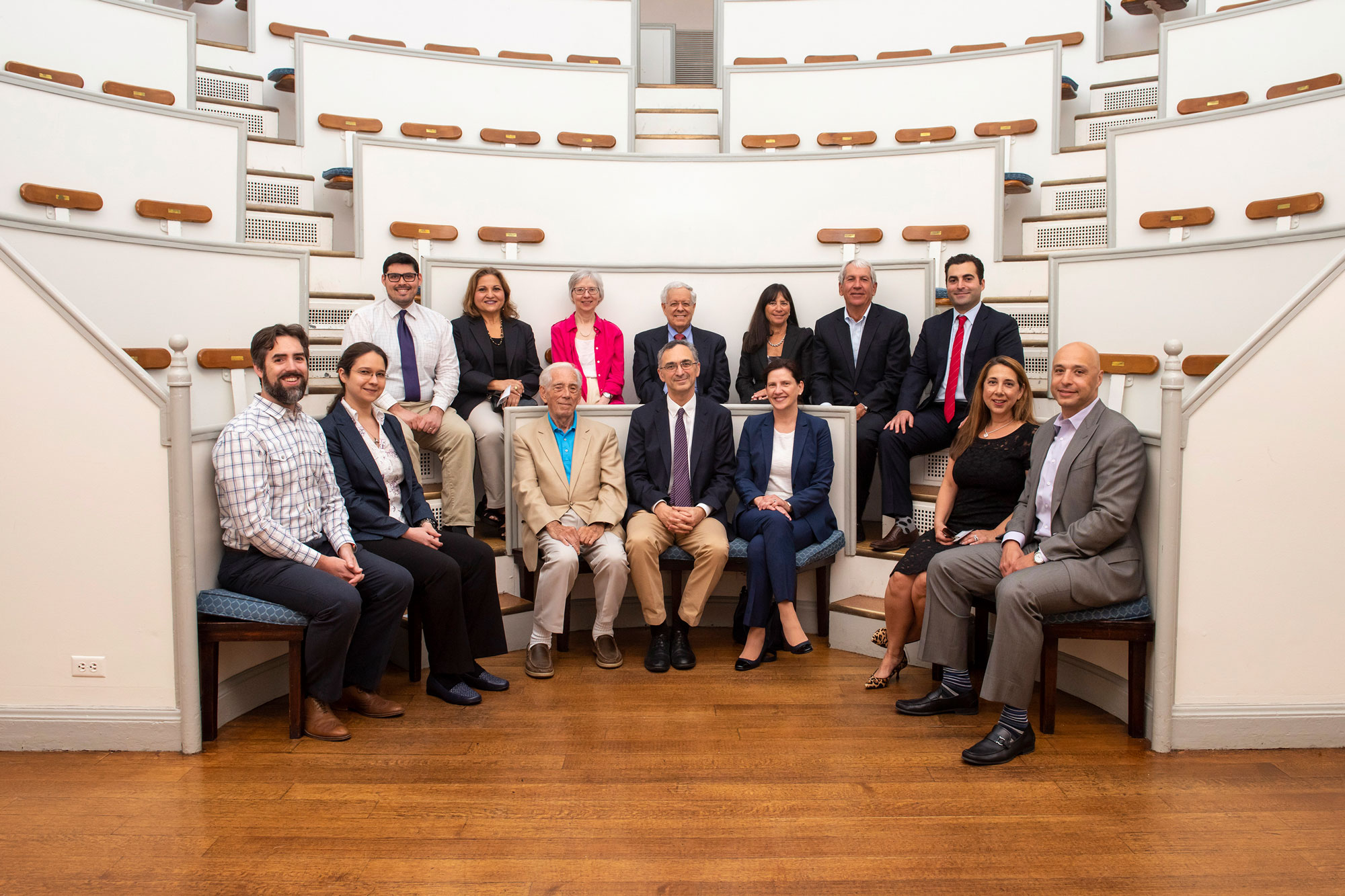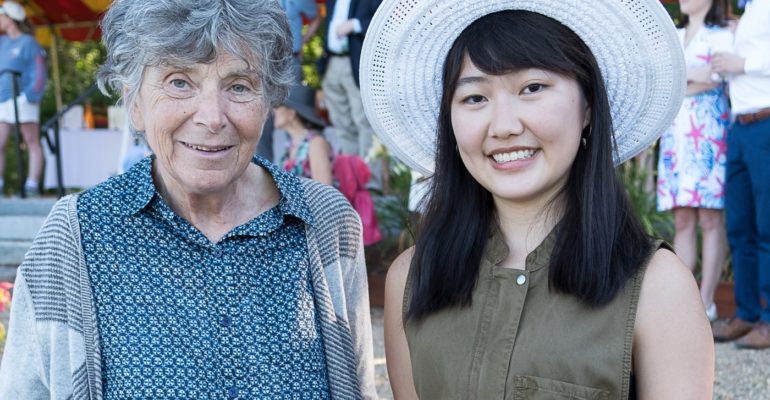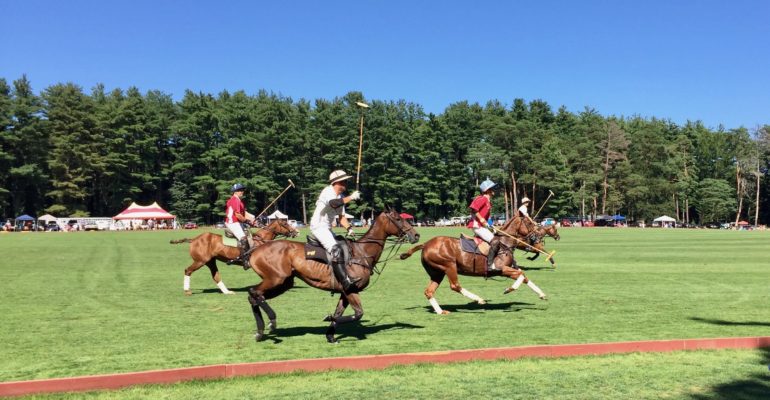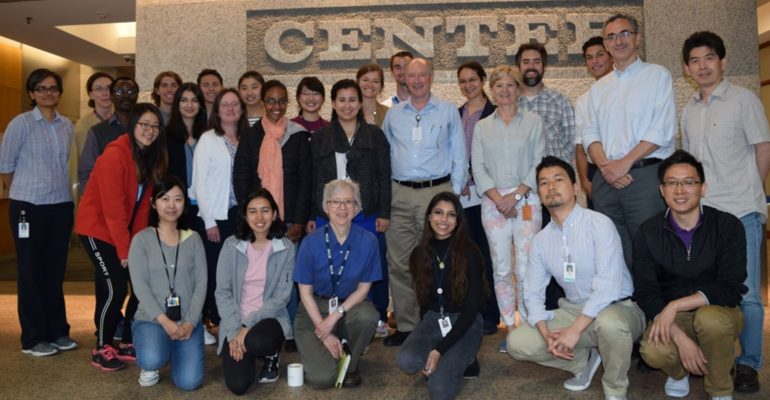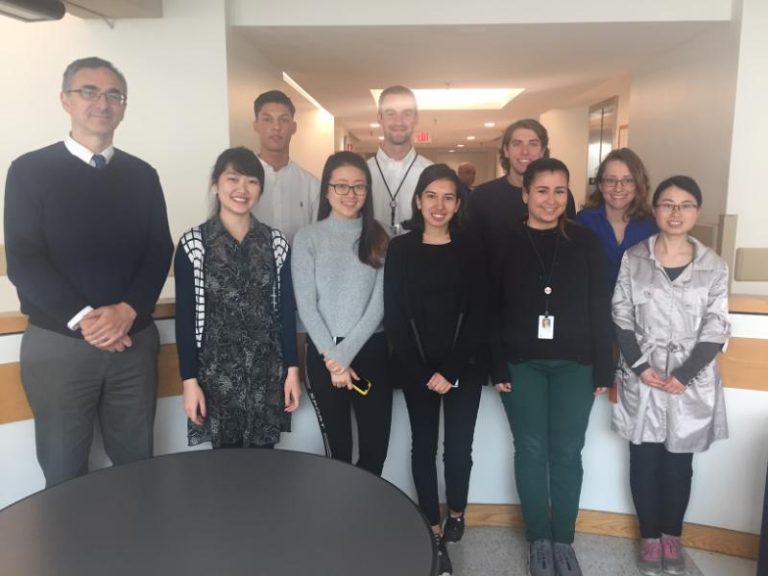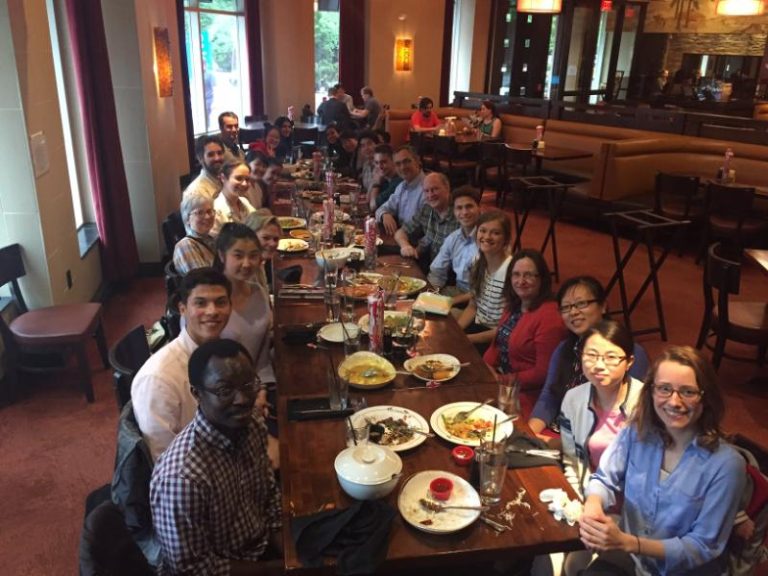Message from the Director
Dr. Mark C. Poznansky
Dear Friends of VIC – 2019 has been a very exciting and productive year for us. We set out at the beginning of the year to achieve four new and key goals: to bring the B cell immunotherapy study to first in human testing; to expand the Q fever vaccine and islet transplantation development studies; to develop a new research program around high dimensional immunology or HDI. In 12 short months we have achieved all of these goals with the tremendous help of the core senior scientific team including Drs. Reeves, Chen, Alagpulinsa and Sîrbulescu and our amazing Associate Director, Dr. Ann Sluder and Project and Administrative Manager, Phoebe Ingram. These individual stories of research success are detailed below, and I hope that you will find time to read them. We continue to attract funding support from US government agencies, private foundations and biotech companies but none of this work could be completed in this expedited time frame without the tremendous support of our philanthropic donors. I will call out a couple of highlights of the year in addition, relating to the Melvyn Field Innovation Award which went to Dr. Sîrbulescu this year for her pioneering and visionary work on the role of B cells in tissue regeneration and the Will Tankard Junior Scientist Award to Skylar Korek for his outstanding work on the High Dimensional Immunology program. Our invited Prof. Dulcie Coleman lecturer this year was Prof. Ann Leen from the University of Texas who gave an outstanding talk about her novel cell therapy for viral infections that occur in immune suppressed patients. Finally, I would like to thank all our donors who have made this possible and brought VIC so successfully into its 11th year of existence since its foundation in 2008.
Novel B Cell Immunotherapy for First Clinical Indication Goes First in Human.
A huge step forward was achieved at VIC, taking the entirely serendipitous discovery made by Dr. Ruxandra Sîrbulescu that B cells from the blood could both protect and enhance the regeneration of tissues, to a first in human study of safety in under a year. This work was then transitioned to the exploration of the use of B cells to facilitate healing in the brain following traumatic injury. This work and findings are part of protected intellectual property. Dr. Sîrbulescu discovered that B cells could enhance tissue regeneration and augment healing and reduce brain damage in mouse models of this disease. These remarkable and subsequently published findings were then fast tracked to first in human studies – primarily of safety in a patient. The essence of getting this complex project done was teamwork managed at VIC and involving scientists, physiciansandnursesattheMGHandDFCI. Noneofthis work, from bench to bedside could have been completed without generous philanthropic support particularly from the Ward Family Foundation.
Q-VaxCelerate Program to Initiate Second International Consortium for Vaccine Studies
The VIC-led international Q-VaxCelerate consortium, with funding from the US Defense Threat Reduction Agency (DTRA), continues to advance the development of a novel vaccine for Q fever. A potentially debilitating bacterial disease that can be transmitted from small livestock such as sheep and goats, Q fever is of concern for troops deployed to the Middle East and Afghanistan as well as for workers in the livestock industry. Building on the immunological studies of the current program, VIC has received notification of new DTRA funding for a study to characterize more fully the immune responses to an existing Q fever vaccine used in Australia, which although effective can cause significant reactive side effects. The results of this study will guide clinical assessment of new vaccines designed to avoid the side effects.
Beta Cell Transplantation for Type 1 Diabetes Without Immune Suppression Advances with the Continuing Support of JDRF.
The team of scientists at VIC has led the way in developing a new and relatively simple system for implanting insulin producing human stem cell derived beta cells (from Dr. Douglas Melton’s laboratory at Harvard) into small and large diabetic animals without the need to suppress the recipient animal’s immune system. With the tremendous support of JDRF, Dr. David Alagpulinsa and Michael Chapin have worked with Dr. James Markmann and Dr. Ji Lei from Transplant Surgery at MGH to explore the use of this approach in a large animal model of diabetes. To date we have demonstrated long term survival and function of these transplanted beta cells without the need for additional medication and a greatly reduced need for insulin injections. JDRF has seen fit to expand our initial work in small numbers of large animals and this expansion phase of the study is currently under way. This work could not have been completed without seamless collaboration between the Melton and Markmann teams integrated with VIC’s efforts. VIC’s work in the beta cell transplantation arena has been featured by JDRF at meetings and on its website which can be viewed here.
New High-Dimensional Immunology (HDI) Program to Build Comprehensive Pictures of Immune Responses in Human Disease
A new initiative that has been accelerated by philanthropic support, the VIC HDI program, takes a wholistic approach to understanding human inflammatory and immune responses. The overall program objective is to develop new diagnostics and tools that can inform clinical decisions and guide therapeutic discovery and development. Using multiple state of the art high-parameter technologies, emphasis is placed on maximizing the information obtained from small clinical samples of blood or tissue. VIC HDI scientists have developed proprietary computational strategies and use public domain and proprietary algorithms for analyzing multiple types of high- dimensional data and for identifying specific immune system responses associated with clinical measures and outcomes. Current active projects address a variety of clinical areas, including infectious disease vaccines, the immune microenvironment in solid tumors, immune system changes following organ transplantation or traumatic injury, and immune dysfunction in neurodegenerative diseases and type 1 diabetes.
Staff and Investigators at VIC wish you all a wonderful Holiday Season and thank you for your generosity the last year!
